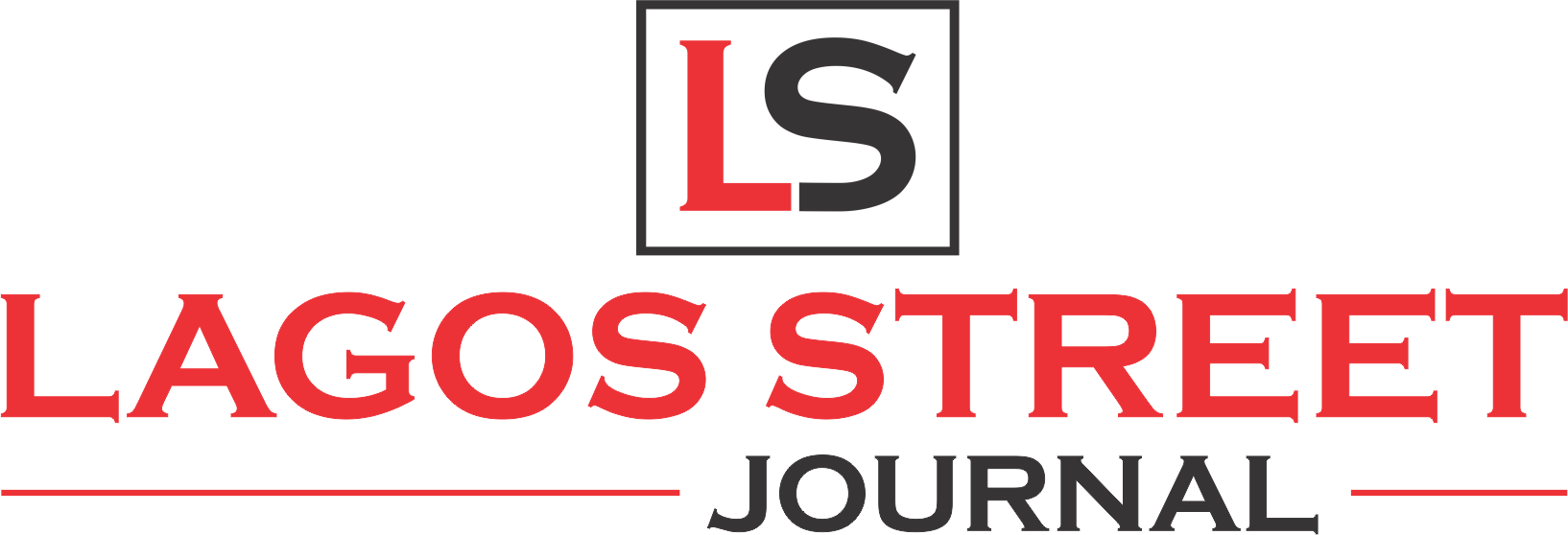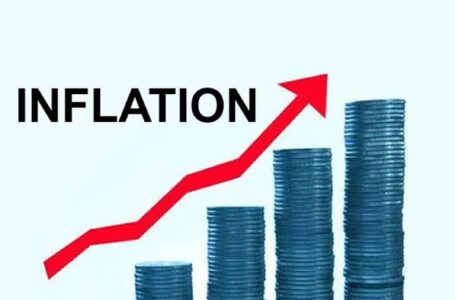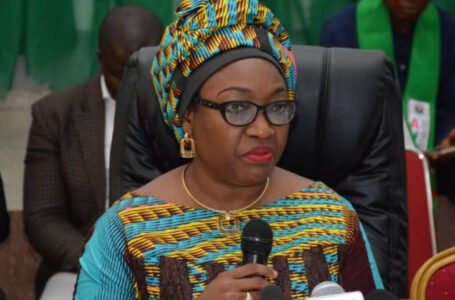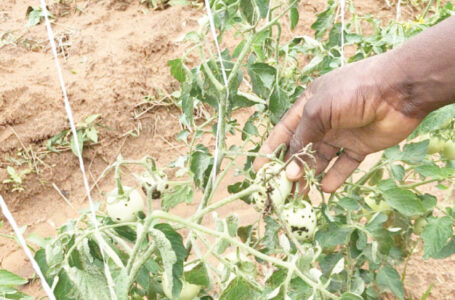Witness narrates how Ex-HoS, allies diverted public funds to private companies in court
Inflation: insecurity, border closure, others fuelled spike in rate, experts say


By Modupe Shodeinde
Insecurity challenges in food producing parts of the country, has been identified as a major cause of the increase in food inflation, as Nigeria records the highest rate in three years at 15.75%.
Economic experts attributed the surge in the infation rate to factors such as insecurity, border closure, increase in electricity tariff, among others.
The Managing Director/Chief Executive Officer, Cowry Asset Management Limited, Mr Johnson Chukwu, said the inflationary pressures were coming particularly from volatile food items.
He said, “We must recognise that the disruption we have had in the northern part of the country in terms of food production has a direct impact on food inflation.
“We should expect these pressures to continue in the next couple of months. We should expect that the price of diesel will further increase because crude oil price has moved up and exchange rate has also deteriorated.”
Also, a professor of capital market at the Nasarawa State Univesity Keffi, Uche Uwaleke, said lingering effects of border closure, increase in Value Added Tax, electricity tariffs and the pump price of fuel prompted the surge in the inflation rate for December.
“Insecurity may have also accounted for why the food inflation was highest in a state like Edo. The rate of increase in urban inflation gives cause for worry. This may not be unconnected with the rise in rural-urban migration,” he said.
He however added that the inflation rate is expected to moderate this year following the intensification of the Central Bank of Nigeria’s interventions in agriculture and improvements in forex supply, the implementation of the 2021 agriculture budget and transport infrastructure, border reopening as well as improvements in security.
The National Bureau of Statistics, NBS, on Friday, in it’s monthly report showed that Nigeria’s inflation rose to 15.75, from 14.89 in November.
The consumer inflation rate in December was the highest since November 2017 when it stood at 15.90 per cent.
The NBS said the composite food index rose by 19.56 per cent in December from 18.30 per cent in November.
The rise in the food index, according to the report was caused by increases in prices of bread and cereals, potatoes, yam and other tubers, meat, fruits, vegetable, fish and oils and fats.
The core inflation, which excludes the prices of volatile agricultural produce, stood at 11.37 per cent in December, compared with 11.05 per cent in November.
According to the NBS, the highest increases were recorded in prices of passenger transport by air, medical services, hospital services, shoes and other footwear, and passenger transport by road, among others.









